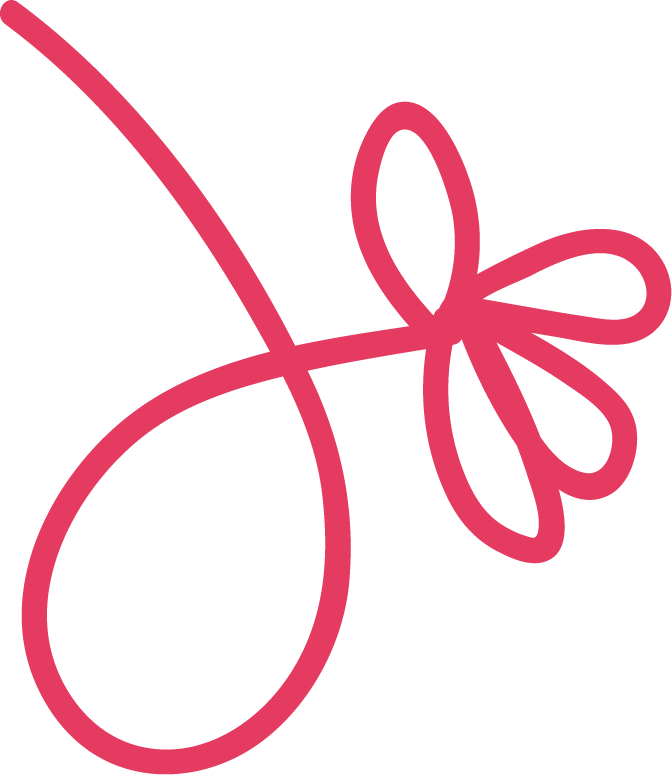Teenage diagnosis story
When I was younger, I assumed being a mum was an inevitable event in my future. Little did I know my fertility would become a huge part of my life from the age of 15. After failing to get my period, and being extremely small and underdeveloped for my age, blood tests showed that my ovaries weren’t responding to my hormones, and had stopped working. I had developed Premature Ovarian Insufficiency (POI). POI can happen for many reasons; in my case, after numerous tests, an official cause has never been found, but it has been suggested that at some point in my teens I might have developed an autoimmune disorder that attacked my ovaries.
I didn’t really comprehend the extent of the diagnosis, assuming that, yes, it may be difficult to have children in years to come, but I had my GCSEs to deal with which was much more important at the time. It was only after my yearly endocrinologist appointments that the realisation of the condition would hit home and I would often have a few days where I would break down and wonder why this had happened to me and the worry of what my future would entail. I didn’t tell any of my friends, and every day when I took my hormone medication which was the contraceptive pill, it would be a reminder that the reason I take it, is because I can’t have my own children, not for contraception.
It was only as I got older that I started to become more open with close friends, luckily most of whom are in the nursing profession, so they approached it from a medical viewpoint which I appreciated. My boyfriend didn’t even flinch when I told him, and in fact he calls my ovaries, square-varies because they aren’t working how they should be. Humour I have found, really helps to deal with the condition. I always imagined people would pity me or feel sorry for me, but luckily, even though they may feel like that deep down, no-one I have told has been overly shocked or looked at me any differently.
In terms of my fertility options, I have been attending two clinics; one an endocrinologist who deals with making sure my hormone levels are that of a ‘normal’ woman of my age, which I have been going to since the diagnosis, and more recently, to a fertility clinic. Here they went through my most likely fertility option; IVF with egg donation. Luckily for me I have a sister who had her family young, and has told me without a doubt if she is suitable, she would want to donate her eggs to me. This means, although not my own, my child would still be part of me genetically. Whilst I still have doubts about whether I want to put my sister through the turmoil of being a donor, it is the most generous offer. Knowing that I have an actual plan of action for if and when I want to have a child, has really given me peace of mind and a more positive outlook, rather than previously when it was an unknown to face in the future.
A personal matter like having a baby is something that I will have to discuss and plan with many other peoples’ involvement. However I am in a much better mind set about my condition and I have now changed to a more suitable HRT medication alongside Vitamin D, which will help my future health and bone density. Living with this diagnosis for so long, I have had one advantage that many others don’t get, which is time. I have known for over twelve years now that I will struggle to have children and I have come to terms with that, unlike so many others who only find out they have POI, when they are going through the desperate process of trying to conceive. I used to think I could never have a child, but I now know it isn’t so black and white. Whether through egg donation or adoption, I don’t have to be childless if I don’t want to be and now, this far down the line, the diagnosis has become part of who I am and I don’t grieve for what could have been. I used to think I was the only teenager in the world who had this condition, then I found Daisy Network and realised there were thousands of others like me. I want people to read my story and realise that yes it mightn’t be straight forward, but it does get easier and life does continue despite having POI.
Amy
